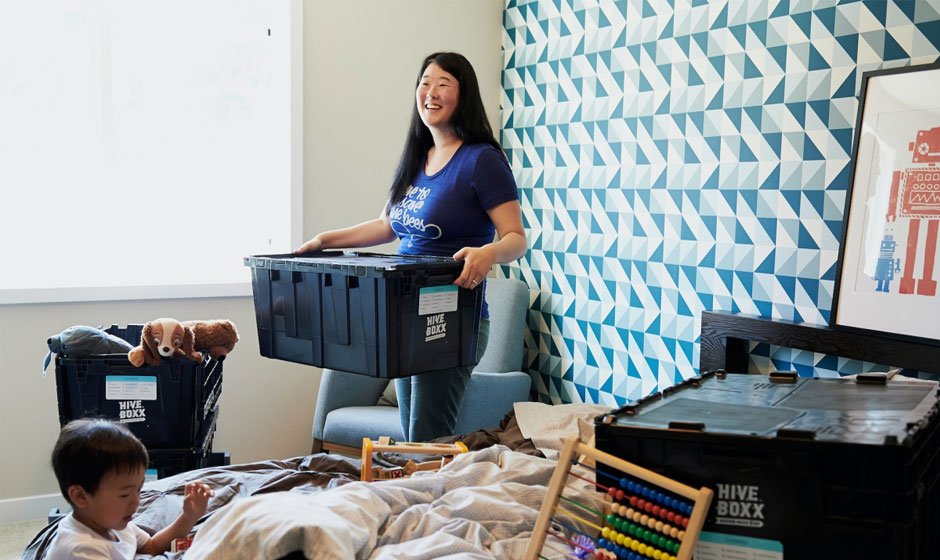How Long Does It Take to Feel Settled into a Space?

Moving into a new space, whether it’s a home, apartment, or care facility, can be both exciting and daunting. The process of settling in involves adapting to the new environment, establishing routines, and creating a sense of belonging. The time it takes to feel settled varies widely depending on individual circumstances, the nature of the move, and personal adaptability. Here’s a deeper look into the factors influencing this transition and strategies to help you or your loved ones feel at home sooner.
Factors Influencing the Settling-in Process
- Personal Adaptability:Some people are naturally more adaptable than others. Individuals who are flexible and open to change may adjust to a new environment more quickly. Those who find change stressful or have a strong attachment to their previous home might take longer to feel comfortable.
- Nature of the Move:The reason for moving significantly impacts the settling-in period. Voluntary moves, such as upgrading to a better home or relocating for a desired job, often come with excitement and positive anticipation, which can speed up the adjustment process. Involuntary moves, such as downsizing due to financial constraints or moving into a care facility, can carry emotional burdens that prolong the transition.
- Social Support:Having a strong support network can make a big difference. Moving to a place where you already have friends or family nearby can help you feel settled faster. Conversely, moving to a location where you know no one can extend the adjustment period.
- Familiarity with the New Environment:If the new location is significantly different from your previous one (e.g., you are moving from a rural area to a bustling city), it might take more time to acclimate. Familiarity with the new environment, including its culture, climate, and pace of life, plays a crucial role in how quickly one feels at home.
- Personal Involvement in the Moving Process:Being actively involved in the moving process, from choosing the new home to unpacking and arranging furniture, can help you feel more connected to the new space. Passive involvement, such as having everything done by movers or family members, might delay the feeling of ownership and settlement.
Strategies to Speed Up the Settling-in Process
- Personalize Your Space:One of the fastest ways to feel at home is to personalize your new space. Surround yourself with familiar items, such as photographs, favorite decorations, and personal mementos. These objects provide a sense of continuity and comfort, making the new environment feel more like home. If you are moving into a care home, such as stpetersbury.com, staff members will encourage such personalization as it is such a big part of feeling like you belong in a place.
- Establish Routines:Creating a daily routinecan provide structure and normalcy. Simple activities like having your morning coffee in the same spot, taking regular walks, or maintaining previous hobbies can make the new place feel more familiar and comfortable.
- Get to Know Your Neighbors:Building relationships with your neighbors can significantly enhance your sense of belonging. Introduce yourself, participate in community activities, or join local clubs or organizations. Establishing social connections helps integrate you into the community.
- Explore the Area:Familiarize yourself with the new surroundings. Find local shops, parks, and restaurants. Knowing where to get groceries, the best routes for commuting, and places to relax or have fun can help you feel more settled and confident in your new environment.
- Stay Connected with Loved Ones:Maintaining regular contact with friends and family can provide emotional support during the transition. Share your experiences, seek advice, and invite them to visit. Their support can offer comfort and reassurance.
- Be Patient and Positive:Adjusting to a new space takes time. Be patient with yourself and acknowledge that feeling settled is a gradual process. Focus on the positives of the new environment and celebrate small milestones in your adjustment journey.
Average Timeframe for Settling In
While the timeframe for settling into a new space varies, some general patterns can be observed:
- The First Few Weeks:The initial weeks are often the most challenging. This period involves unpacking, organizing, and familiarizing yourself with the new space. It’s common to feel disoriented and even homesick during this phase.
- The First Three Months:After the initial settling-in period, you start establishing routines and exploring the local area. Social connections begin to form, and the new environment starts to feel more familiar. By the end of three months, many people feel more comfortable and start viewing the new space as home.
- Six Months to a Year:It generally takes six months to a year to fully adjust and feel deeply settled in a new space. By this time, routines are well-established, social networks are stronger, and the new environment feels like home. Significant milestones, like holidays and family gatherings, in the new space can further cement this feeling.
Special Considerations for Elderly Individuals
For elderly individuals, particularly those moving into a care facility, the adjustment period can be longer. Emotional factors, health conditions, and a significant change in lifestyle play critical roles. Extra support from family, frequent visits, and involvement in community activities within the facility can help ease the transition and speed up the settling-in process.
Conclusion
The journey to feeling settled in a new space is highly individual, influenced by various factors such as personal adaptability, the nature of the move, and social support. By personalizing your space, establishing routines, building social connections, and exploring your new surroundings, you can expedite the adjustment process. Patience and a positive mindset are essential, as the feeling of being at home gradually develops over time. Whether it’s a few months or up to a year, embracing the journey with openness and resilience will help you or your loved ones feel truly settled.



